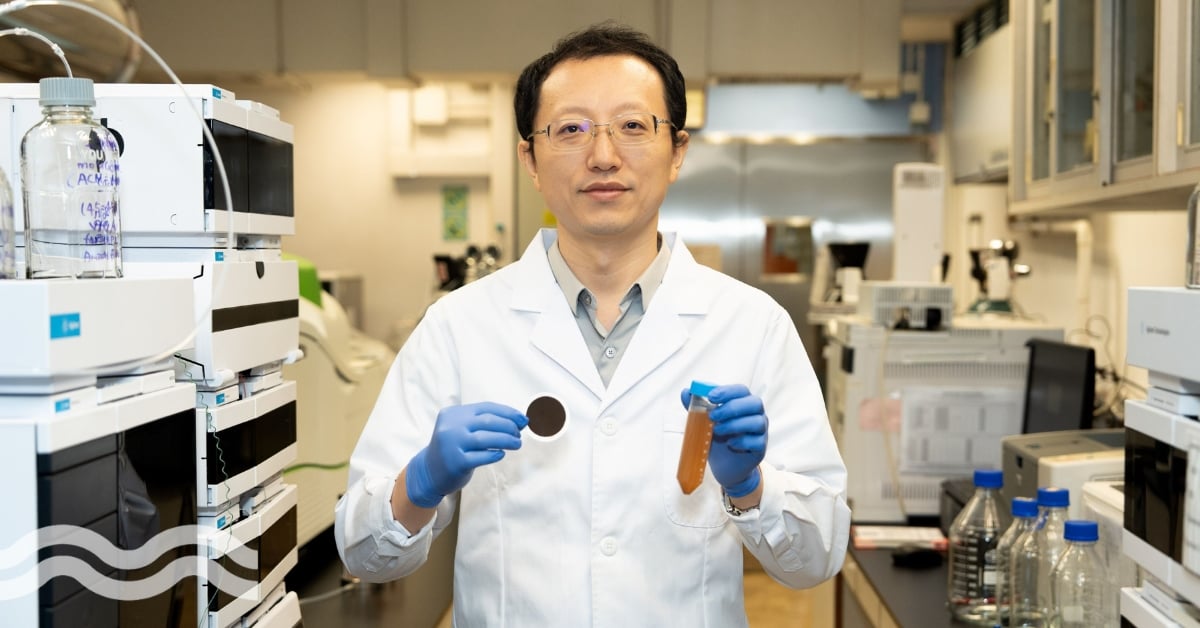K-Water teams up with OpenAI for water management
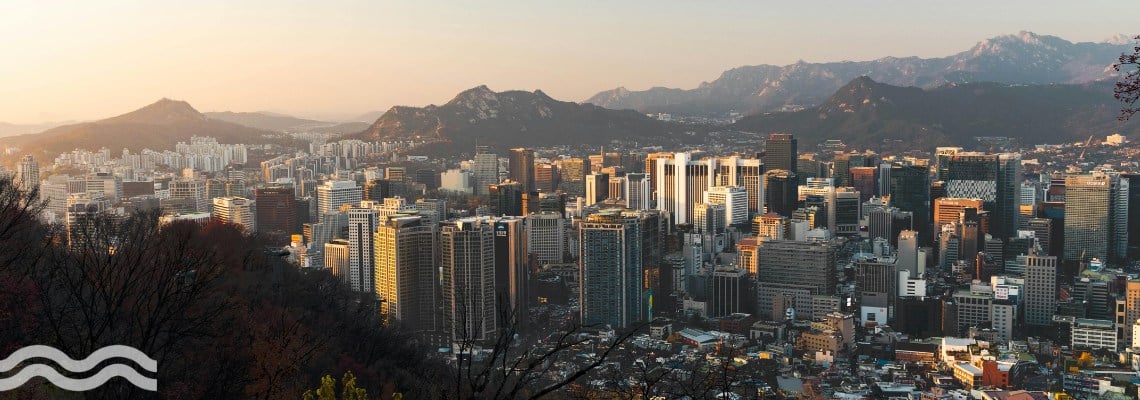
Large language models for water treatment
An agreement was reached between the companies to explore the co-development of a large language model (or LLM) that will be trained for use in several potential scenarios: water-related applications (unspecified), a climate change forecasting platform, a global AI-powered water purification plant model, and the use of digital twin models.
Full agreement on the plans will take place during future talks, with the general collaboration agreed between K-water CEO, Yun Seog-dae, and OpenAI’s vice president of global policy, Chris Lehane. Following this meeting, Yun told local media outlets: “Both organisations share a strong belief that water and AI should be safeguarded as universal resources for all, and we mutually saw the potential to make the world a safer place through cooperation.”
South Korea has a history of smart water management innovations, including K-Water’s introduction of the smart water city concept, which integrates digital technology throughout the water supply process from treatment to tap. A pilot project, called Project Octopus, is trialling a link between the climate and water industries by exploring the capture of carbon and the extraction of green chemicals during the desalination process, in collaboration with BKT and US-based Capture6.
An award-winning AI-first strategy
K-water had announced its intention to follow an AI-first strategy in June 2025, with the intention of incorporating AI across the entire water management strategy. It currently processes as many as 7.4 billion pieces of data daily.
The corporation’s strategy is already paying off. Its AI-powered water purification plant in Hwaseong was awarded the Global Lighthouse Network Award by the World Economic Forum in 2023. The citation read:
“The climate crisis has caused significant water supply concerns, as heatwaves and heavy rains create more volatile and turbid supplies. To address this, K-water launched a next-generation AI water treatment plant to reduce production costs, improve responsiveness and reduce human error. It is being scaled across 40+ other sites and has helped K-water to reduce its chemical usage by 19%, improve labour efficiency by 42% and reduce power consumption by 10%.”

All eight processes at the plant are controlled autonomously using AI, including the opening of inlet valves, chemical injection rates. Flocculation mixing rate, chlorine injection in the sedimentation basin, sludge collection scheduling in the sedimentation basin, filter scheduling, ozone injection rates, and GAC filter scheduling. The AI is also said to operate intelligent video surveillance to manage workplace facilities, demand forecasting for optimal supply planning and optimal pump operation, and also fault prediction and detection.
OpenAI’s blueprint for South Korea
OpenAI is establishing itself as a business in Korea. It has opened an office in the country and has been actively meeting with both government and industry leaders regarding the digital transformation in the public sector. Collaborating with K-Water forms part of the company’s economic blueprint.
This blueprint positions the company to be a driver for South Korea’s economic growth, and to take advantage of the potential the country has for becoming a global leader in AI technologies. As well as working with K-Water, the US company is exploring the possibilities for next-generation AS data centres in the country, among other notable partnerships across several industries and sectors.
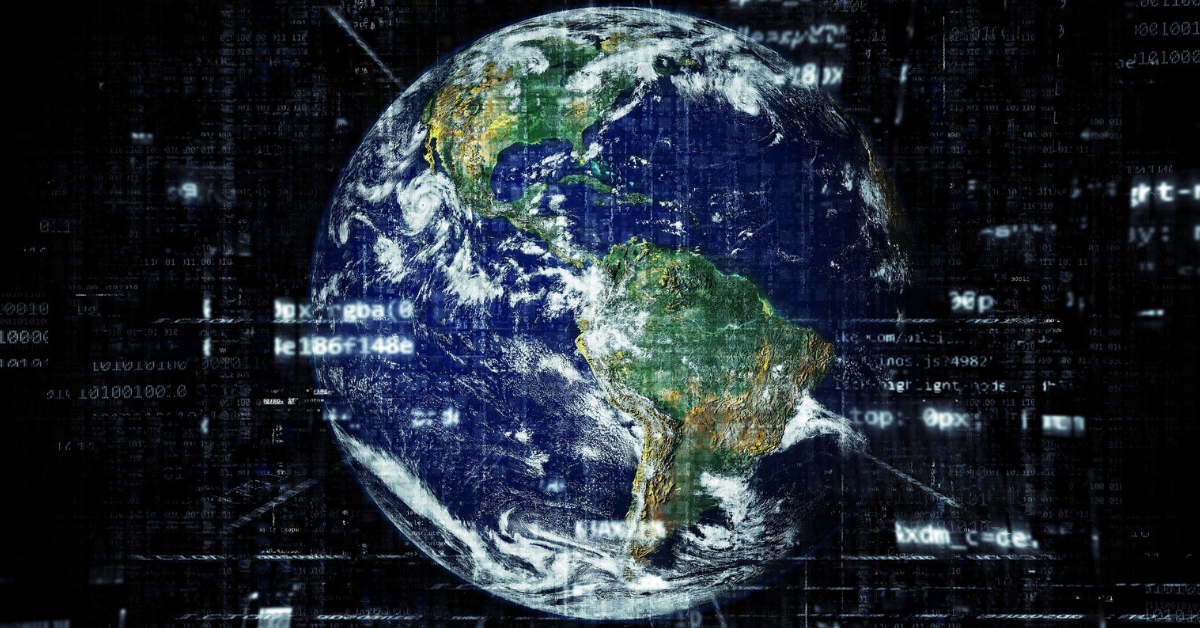
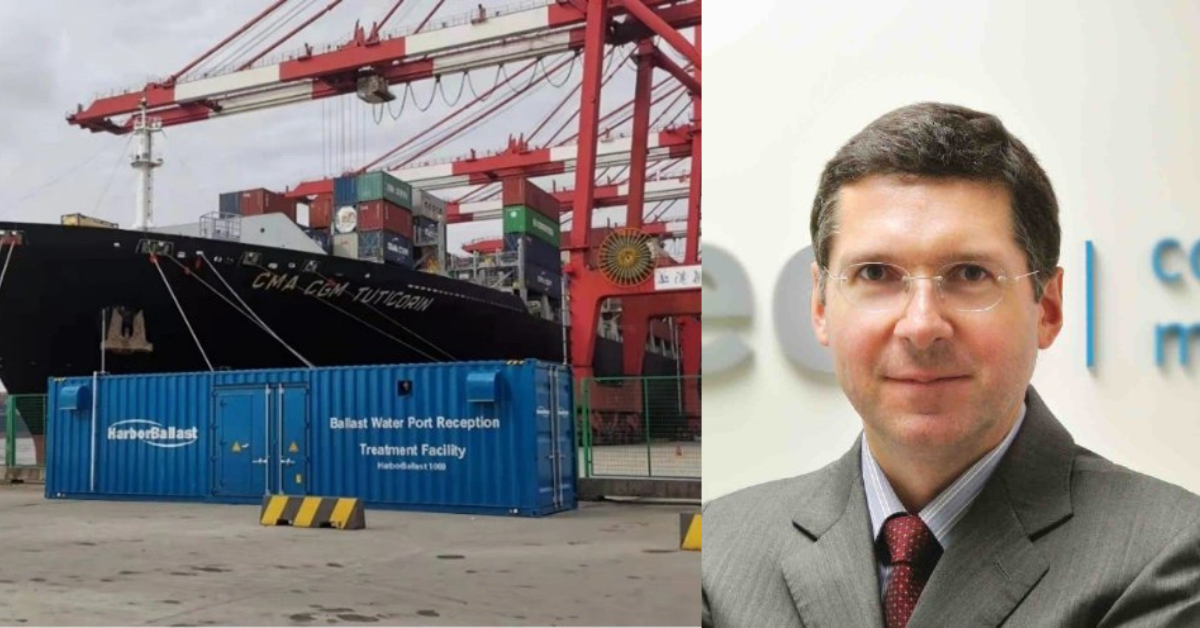
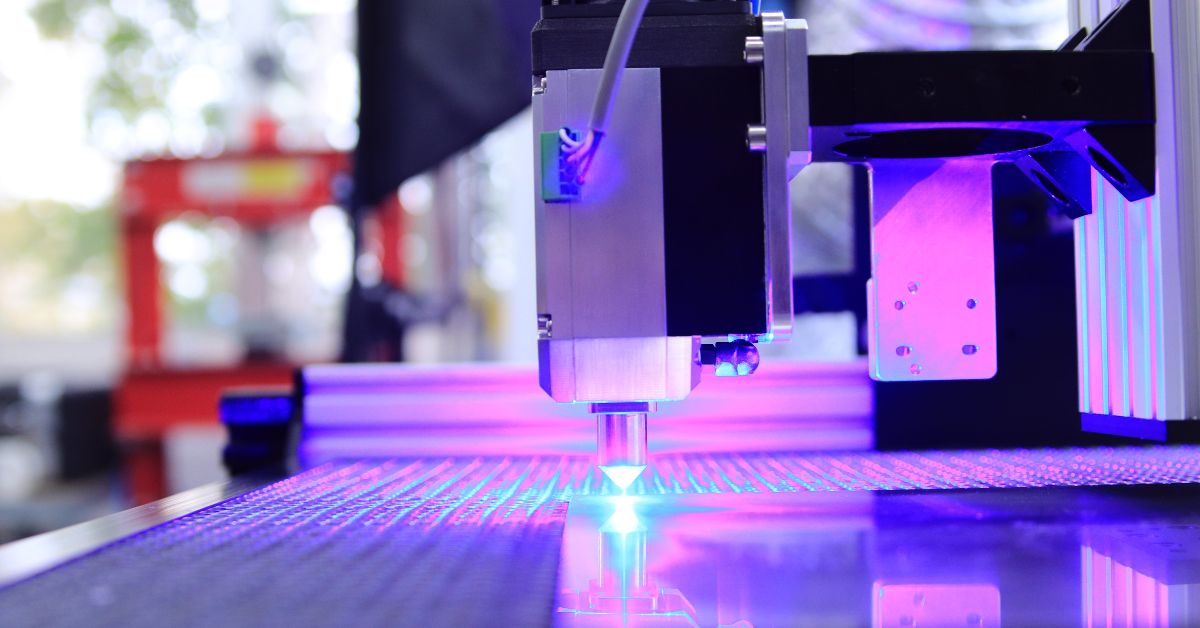
.jpg?h=628&iar=0&w=1200)
